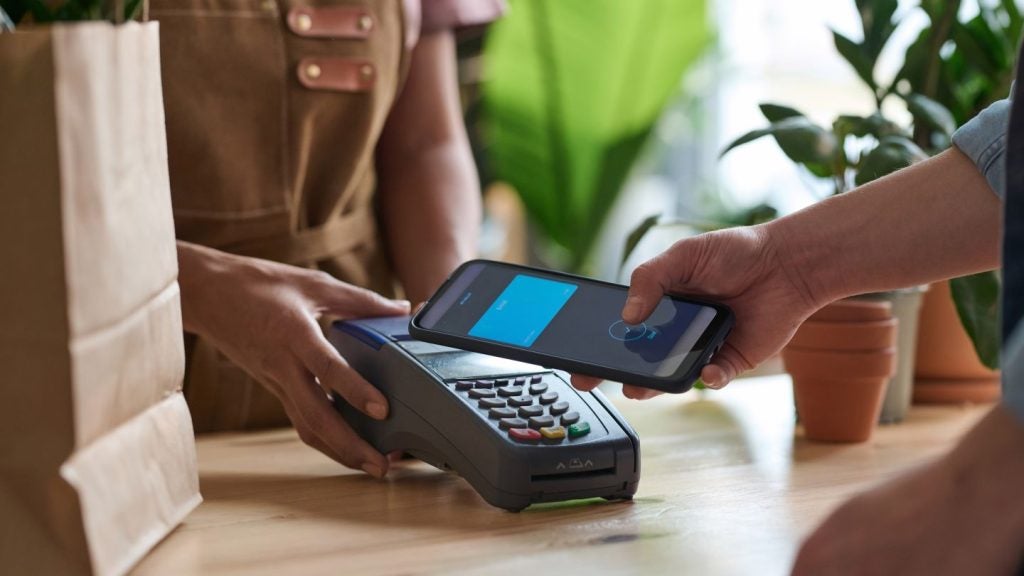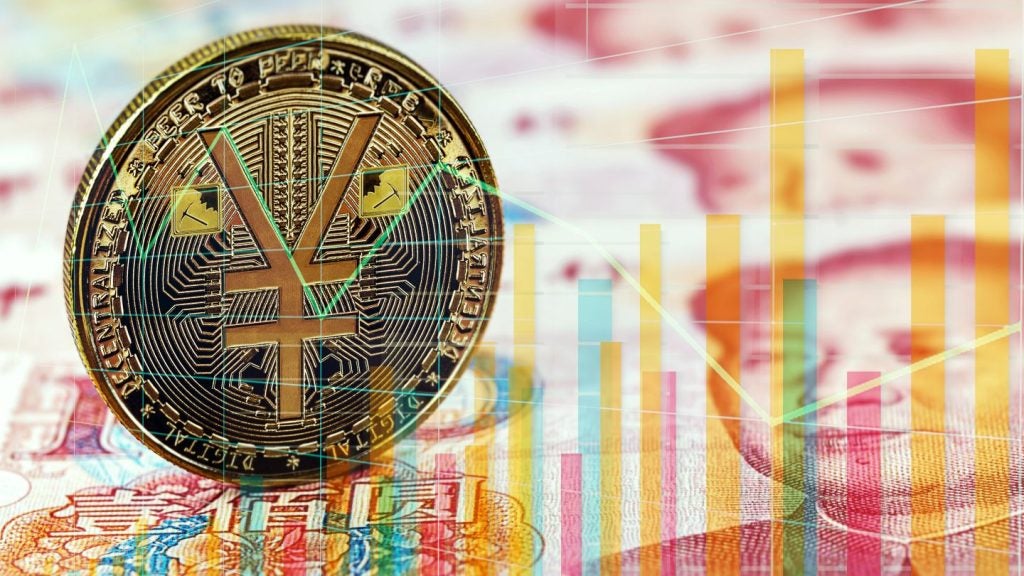Mobile payments have had a relatively slow take up in all of Scandinavia until now. Slowly, but steadily, initiatives are emerging. In Sweden, the countries four big mobile phone operators have formed a joint mobile payments initiative to market a cross-party service. So are m-payments now finally taking off, asks Duygu Tavan
There is this ongoing debate worldwide on innovation, leadership and wait-and-see attitudes. On the one hand, service providers want to be the first (and best) to launch a new service to claim the territory of the thought-leader. On the other hand, they do not want to go off half-cocked, launching services that fail to find a market, or disappoint consumers. When it come to mobile payments, most of those entering the space have done so in partnership a clever way to move relatively quickly without falling completely flat on your face.
Partnerships that bring together established telecoms networks with established payments networks form a solid platform for innovation. They are complementary and, in theory at least, productive.


US Tariffs are shifting - will you react or anticipate?
Don’t let policy changes catch you off guard. Stay proactive with real-time data and expert analysis.
By GlobalData
4T
In Sweden, however, the approach has been rather different. The countrys four main mobile network operators – Telia, Tele2, Telenor and 3 – have joined forces and engaged two payments technology providers – Accumulate and PayEx – to launch a nationwide mobile wallet service. The service is dubbed 4T. Accumulate will provide the m-wallet application, which will run One Time Ticket technology to generate one time transaction codes with no user ID or password requirement. According to Accumulate, this is more secure as well as cost effective than the established One Time Password technology. PayEx (one of the companies that invested in Accumulate in February 2010) will develop and operate the account holding and infrastructure service behind the m-wallet.
Everyone is a winner, it seems. The involvement of all the countrys major mobile networks means the consumer can change service provider without having to change their mobile wallet.
The operators said a joint venture for all types of mobile payments would make payments easier and safer for consumers, while enabling users to change operator at greater ease. For merchants and other partners of the service, the joint venture provides a single cross-party operator party, which 4T promises grand greater security and less administrative cost. The m-wallet is promised to be compatible with handsets released since 2006, as well as with NFC-supporting ones. It also offers P2P and what the operators call man-to-machine (think, vending machines, parking meters) options; and will be marketed to both contract and prepaid customers. At its launch in the summer this year, 4T expects to reach of 97% of Swedish mobile phone subscribers.
For 4Ts stakeholders of and its partners, the product is a breakthrough for mobile payments. As Accumulate CEO and co-founder Stefan Hultberg put it: The Swedish operators have the opportunity and the will to be part of setting a new and open standard for mobile payments that combine security, ease of use and flexibility in a cost effective way.

PayPal
Another initiative is that by PayPal, which launched a mobile NFC payments trial using stickers in Stockholm in December 2011. PayPal, too, uses Accumulate, together with payment processor Point for contactless proximity mobile payments via an app on iPhones and Android handsets at two stores. The app gives access to special discounts and deducts the payment from the users PayPal accounts. The sticker is needed, simply because there are not enough NCF-supported handsets available.
Proximity-based m-payments are not the be and end all of mobile payments, says PayPal. It is also considering other mobile payments options. Exact details are unclear, but an educated guess would see PayPal provide non-NFC payments, such as via carrier billing, or bar code scanning. In September last year, PayPal did exactly that, commencing a two-day m-payments trial based on bar code scans. This bar code scanning does not require any investment on the merchant side, nor new mobile handsets.
But as the PayPal NFC payment case shows, mobile payments are far from faster or smoother than card transactions: The user needs to open their PayPal mobile account, choose to pay via PayPal, then click the activation option to tap their mobile phone to a POS, tap their phone, wait for payment confirmation.
iZettle
Then there is iZettle, which operates a like Square, charging 2.75% of each sale, plus SEK1.50 ($0.23). There is no monthly fee involved. The product supports EMV-technology and complies with Payment Card Industry Data Security Standards. The vendor said that data traffic remains encrypted and that no data gets stored on the iOS device. Users will have to download the app, compatible with the iPad, iPhone and iPod Touch, sign up for a chip-card reader, which will be sent to them in the post. Since going live two months ago, iZettle has grown the Swedish POS market by 5%.
Patchy offering?
So, yes, there is initiative on different levels, but does this fragmentation also mean innovation on different levels or a messy, patchy offering?
We have spoken to a few Swedish companies who believe in m- payments but not in NFC, says MasterCard Europes head of emerging payments and mobile Jorn Lambert.
They want a cloud-based service using bar code scanners. A company that has no brick and mortar presence, like PayPal, would favour this. But the mobile operators may prefer the NFC route. It is ok to have fragmentation and I think these will co-exist. These solutions do not need to contradict each other.
Mobey Forums executive director Sirpa Nordlund, agrees: M-wallets mean many different things. A telecoms provider may say that an m-wallet is to do with interfaces and animations that are easy to use. Someone with a banking background, may say its just a prepaid card on your phone. The truth is much wider and shows much more.
Payment is an essential part but it is not a driving force and so m-commerce comes into play with coupons and discounts, loyalty schemes and infotainment, he says. This can be more or less connected to m-banking or m-payments or it can be separate in that you can just have a 2D barcode on your phone and redeem a coupon, or it can be connected to your payment scheme. It is very important that people perceive this as fun, easy and useful. They must see the usefulness of the service.
Contactless as an indicator
Visas contactless survey can be an indicator for all contactless payments and not just cards.
From all Nordic countries, Finland is the hottest for contactless, on par with Spain and Poland, for instance. This year, Visa plans a roll-out of contactless cards in Finland (after commencing a trial back in 2009) – and so the mobile versions should not be far off either.
Last year, eBay bought Finish m- payments operator Zong. Zongs clients include Zynga, Walt Disneys Playdom, Stardoll AB, IAC/InterActives Zwinky and Shanda Gamess Mochi Media. Its relationship with mobile carriers alone amounts to 250 contracts and 3.2 billion mobile users worldwide.
Norway, too, has got the ball rolling for m-payments. There, Telenor teamed up with DnB NOR and MasterCard on an NFC-based mobile payments trial. The reason such an initiative is still in its pilot phase when in other countries it is being rolled out or has been is the strong foundation cards have as non-cash payment instruments.
A no-interchange, fast and well-functioning domestic debit scheme, BankAxept, and a migration to EMV cards has helped establish the plastic as a serious competitor to cash. Card spending accounts for around half of all household expenditure in Norway, and it has the highest number of card transactions per capita of any country other than Iceland. The latest Cards International Country Survey has found that discussions on whether the NFC payments should go directly to mobile or contactless cards first had not been concluded. This strong card network is true of all Scandinavian countries.
But unlike the m-payments take off elsewhere, Sweden is shown as still in a pilot phase in the Visa survey. Mark Austin, head of contactless at Visa, says:
There is a significant of a change. One of the reasons uptake in Scandinavia has been relatively slow is that they already have a long history of low value card transactions. What most banks have concluded is that contactless acceptance is a pre-requisite for mobile payments, to drive a business case.
We see a significant increase in interest in the last six months, most working on plans and not on roll-outs. But we see a big change in the approach. About six months ago, they were sceptical. I think we will see more launches in the Nordic region this year.
The case for take off
Mobile payments traction is strongest in emerging markets. These markets often do not have an established cards infrastructure, nor a high penetration rate of smart phones. So mobile payments are often SMS-based. A strong card usage base such as that in Scandinavia can therefore provides a different mobile payments business opportunity, depending on, of course, local regulation and economy, technological availability as well as culture.
The latest Capgemini and EFMA World Payments Report had shown that Norway, Finland and Sweden were the countries with the highest number of non-cash transactions per inhabitants in Europe, and were certainly top worldwide, too. This does not logically lead to the conclusion that these non-cash transactions are all, or mostly, mobile payments. Non-cash payments after all can basically be card payments. But what this data confirms is these markets have already moved away from cash, consumers have got a mentality of paying with means other than cash.
Building on this established fundament will require a bit more than just simply quick payments, as the case of Norway shows.








